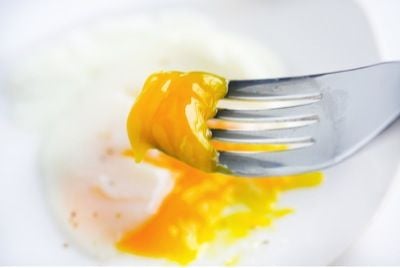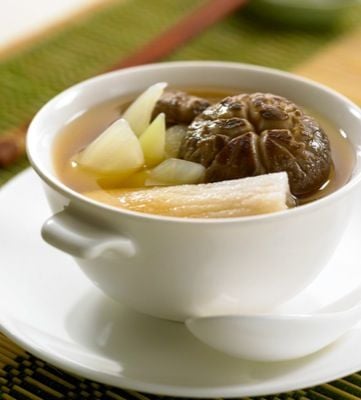Is it really necessary to avoid all cheese and sushi for a full nine months?
Whether it's the Year of the Dragon or whether it's the spring that's making our thoughts turn to babies, it does seem like there are an awful lot of pregnant women around town lately. While pregnancy is a glorious, glowing time for some, for others, the very thought of not being able to indulge in their favourite treats (no coffee, sushi OR cheese?) is intimidating, to say the least.
Add to that the number of things that pregnant women are meant to imbibe (folic acid, calcium, iron, prenatal vitamins) plus the huge list of food that the Chinese traditionally avoid, and it can all become overwhelming.
To help first-time mothers navigate this tricky period, Asia Tatler Dining has investigated which food must definitely be avoided, and which ones are fine in moderation. We also give you the traditional Chinese perspective on the ideal pregnancy diet.
Cheese
For a lot of women, the thought of not being able to eat cheese for nearly an entire year is a pretty grim prospect. While it seems hard to believe that all Frenchwomen avoid all cheese for nine months while they're pregnant, conventional medical belief is that if you can't abstain from all cheeses, then definitely avoid the ones that are most likely to contain bacteria, especially listeria. These include cheeses made from unpasteurised milk (unfortunate, as they are the most delicious); soft, mould-ripened cheeses such as brie and chevre; and blue-veined cheeses such as stilton or Roquefort. The good news is that hard cheeses such as cheddar, emmental, parmesan and gruyere are generally considered safe to eat, as are soft, processed cheeses such as feta, mozzarella and ricotta.
Not pregnant? Then read about all the unpasteurised farmhouse cheeses you can enjoy here.




